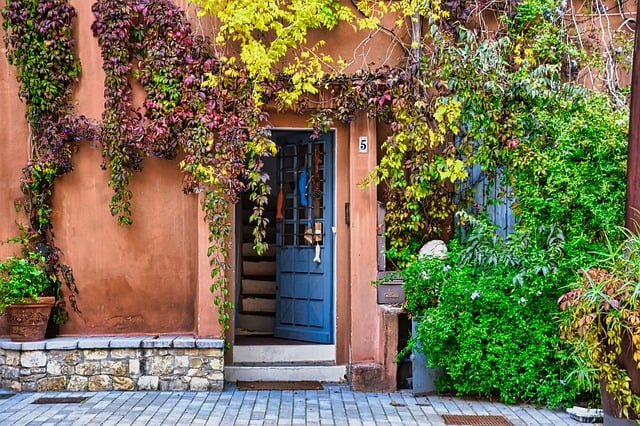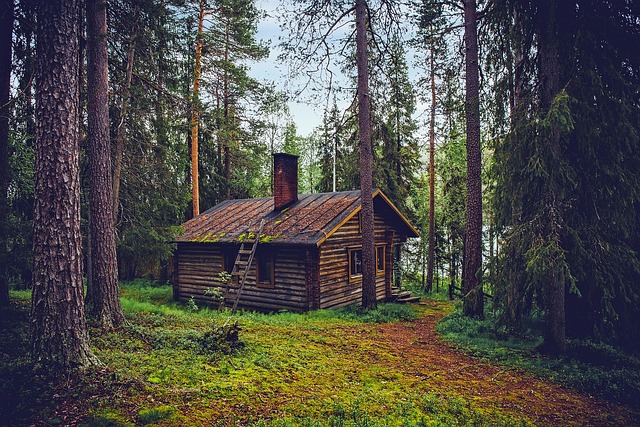House sitting is an affordable and practical alternative for snowbirds and travelers seeking extended stays abroad without the expense of traditional lodging. It involves managing a range of duties from pet care to gardening and property maintenance, ensuring homes remain well-maintained in the owners' absence. This arrangement enables snowbirds to experience different climates and cultures during off-peak seasons, and for travelers, it offers an authentic community living experience that goes beyond what transient tourists encounter. Prospective house sitters must be committed to meeting homeowner expectations and navigate legal and practical considerations. Online platforms play a pivotal role in matching house sitters with property owners, making house sitting a viable and increasingly popular accommodation option for those looking to blend travel adventure with the comforts of home. For snowbirds, it's a way to avoid harsh weather extremes, while for homeowners, it ensures their properties are cared for, potentially leading to lower insurance costs. Success in house sitting hinges on having a strong profile that demonstrates one's skills and experience, understanding local climates, networking within the community, and maintaining positive relationships with homeowners to build credibility and a solid reputation. This lifestyle offers not just free accommodation but also the chance to form significant bonds with properties and their owners, making house sitting a unique and enriching way to travel.
Explore the art of house sitting through the lens of snowbirds and globetrotters alike. This article serves as a gateway to understanding how house sitting can enrich your travel experiences, offering a flexible and cost-effective alternative to traditional accommodations. Dive into the nuances of securing a house sitting opportunity, tailored for both seasonal nomads looking to extend their stays without the constraints of ownership, and intrepid explorers seeking authentic, long-term cultural immersion. Discover the myriad benefits and practical steps necessary to embark on this rewarding lifestyle choice through our detailed guide. Whether you’re a snowbird or a traveler, house sitting opens doors to new adventures and homes around the globe.
- Understanding House Sitting: A Comprehensive Guide for Snowbirds and Travelers
- The Benefits of House Sitting for Snowbirds: Seasonal Living without the Permanent Commitment
- How to Secure a House Sitting Gig as a Traveler: Tips and Best Practices for Finding the Perfect Assignment
Understanding House Sitting: A Comprehensive Guide for Snowbirds and Travelers

House sitting offers a unique opportunity for snowbirds and travelers seeking to extend their stays in destinations across the globe without the costs associated with traditional accommodations. As a house sitter, one assumes the role of caretaker for a homeowner’s property while they are away, ensuring that everything remains as it was found. This arrangement can range from simple tasks like watering plants to more involved responsibilities such as pet care and home maintenance. For snowbirds who migrate seasonally, house sitting provides a cost-effective way to enjoy a home-like environment in warmer climates during the winter months, or conversely, in cooler climes when the heat becomes unbearable. Similarly, for travelers seeking authentic experiences off the beaten path, house sitting offers an immersive way to live like a local, gaining insight into neighborhoods and communities that might otherwise remain untouched by tourists. Prospective house sitters should familiarize themselves with the nuances of the role, including understanding the expectations of homeowners, the legal considerations, and the best practices for maintaining someone else’s property. With platforms dedicated to connecting house sitters with homeowners, this form of lodging is becoming increasingly accessible and popular among those who value both adventure and stability while on the move.
The Benefits of House Sitting for Snowbirds: Seasonal Living without the Permanent Commitment

House sitting offers a flexible and cost-effective solution for snowbirds seeking to escape the harsh winters or scorching summers without committing to a permanent residence. This seasonal lifestyle allows homeowners to enjoy their primary residences while they are away, ensuring their home remains occupied, secure, and maintained. For snowbirds, the benefits of house sitting are manifold: it provides an opportunity to experience different neighborhoods, climates, and cultures without the burden of relocating personal belongings or dealing with the complexities of property ownership in multiple locations. Moreover, house sitters can enjoy the comforts and amenities of a ‘home away from home’ at no additional cost, often including pets, which can be a significant draw for those who love the companionship animals provide. This arrangement also offers peace of mind for homeowners, knowing that their property is being cared for by a trusted individual, potentially reducing insurance premiums and the risks associated with unoccupied properties. The act of house sitting for snowbirds is a symbiotic relationship where both parties stand to gain: homeowners benefit from having a reliable caretaker for their home, and snowbirds enjoy a nomadic lifestyle without long-term commitments.
How to Secure a House Sitting Gig as a Traveler: Tips and Best Practices for Finding the Perfect Assignment

When seeking a house sitting opportunity as a traveler, it’s crucial to approach the process strategically. Begin by polishing your profile on reputable house-sitting platforms that specialize in matching sitters with homeowners. Highlight your experience, responsibility, and any relevant skills such as gardening, pet care, or maintenance tasks. Tailor your application for each opportunity, emphasizing how your background aligns with the homeowner’s needs. Be transparent about your qualifications and provide references if available. Additionally, consider the location and climate, especially when applying for assignments in regions that experience extreme weather conditions like snowbird destinations. Demonstrating knowledge of and adaptability to local environments can be a significant advantage.
Networking plays a pivotal role in securing a house-sitting gig. Engage with online communities dedicated to house sitting, travel forums, and social media groups. Share your experiences, ask for advice, and offer assistance to fellow sitters. Recommendations from past homeowners can significantly enhance your credibility. Also, leverage your travel schedule to attend local house-sitting meetups or events where you can meet potential homeowners in person. Remember to maintain a professional demeanor and keep a detailed record of your house-sitting engagements, including feedback from homeowners, to build a robust reputation over time. House sitting as a traveler not only provides the opportunity for free accommodation but also the chance to form genuine connections with property owners and care for homes as if they were your own. With careful planning, proactive networking, and a commitment to excellence, securing a house-sitting assignment that suits your travel lifestyle is within reach.
House sitting has emerged as a mutually beneficial arrangement, particularly for snowbirds seeking seasonal living alternatives and travelers eager to explore new destinations without the constraints of traditional accommodations. As our article has highlighted, house sitting offers a unique blend of stability and adventure, allowing individuals to immerse themselves in different environments while maintaining a strong connection to home. For snowbirds, this practice alleviates the need for multiple housing arrangements; for travelers, it provides a cost-effective way to experience local life firsthand. Prospective house sitters can increase their chances of securing a desirable position by honing their profiles, showcasing relevant skills, and maintaining transparent communication with potential homeowners. As a wrap, house sitting is not just about safeguarding an empty home; it’s a symbiotic relationship that enriches both parties involved. With careful planning and the right approach, this alternative lifestyle choice can offer unparalleled opportunities for travel and personal growth.




